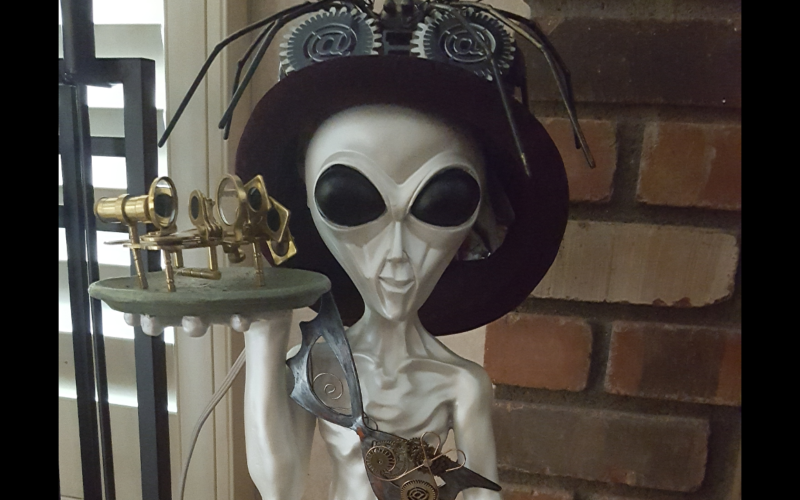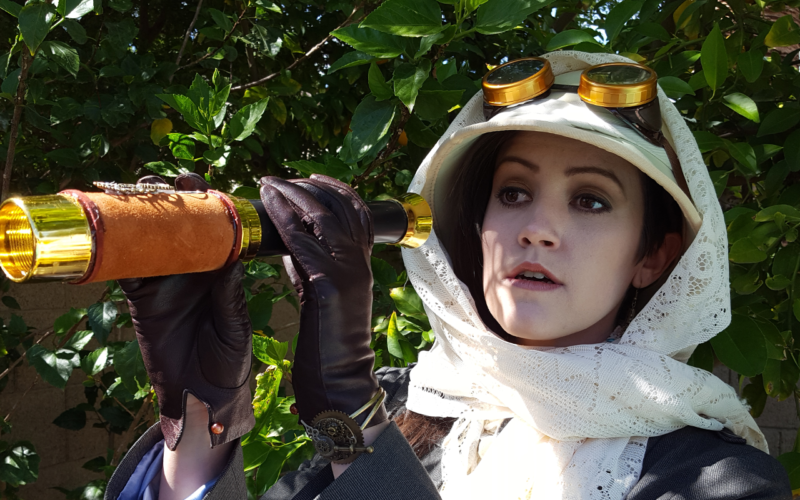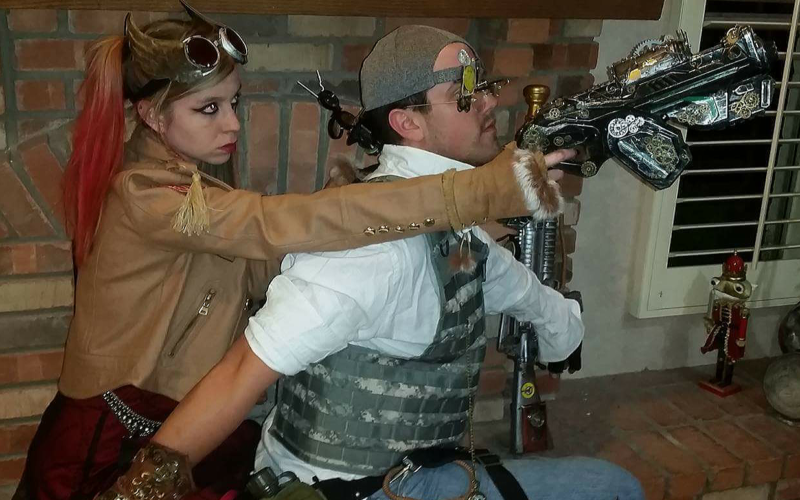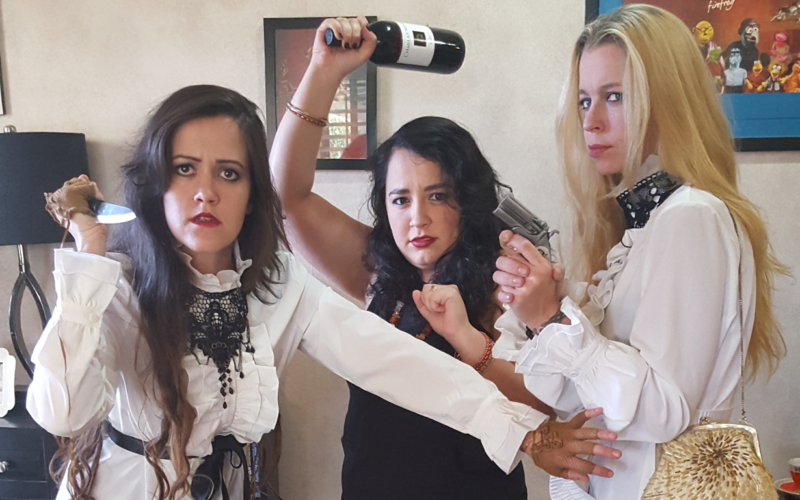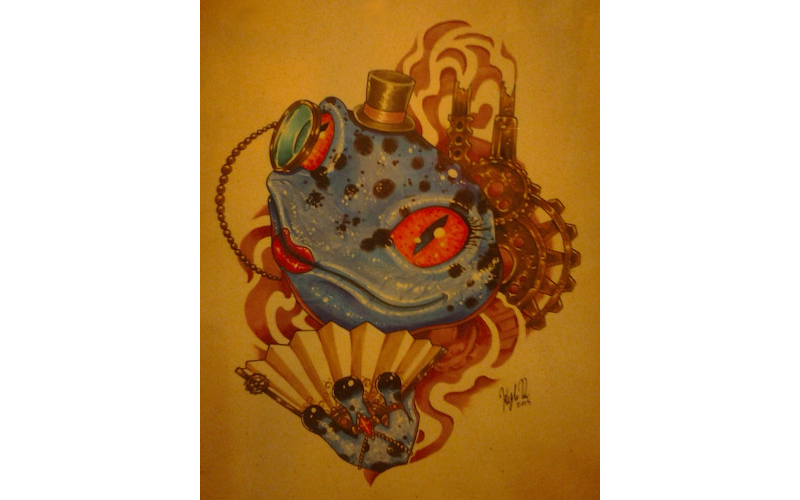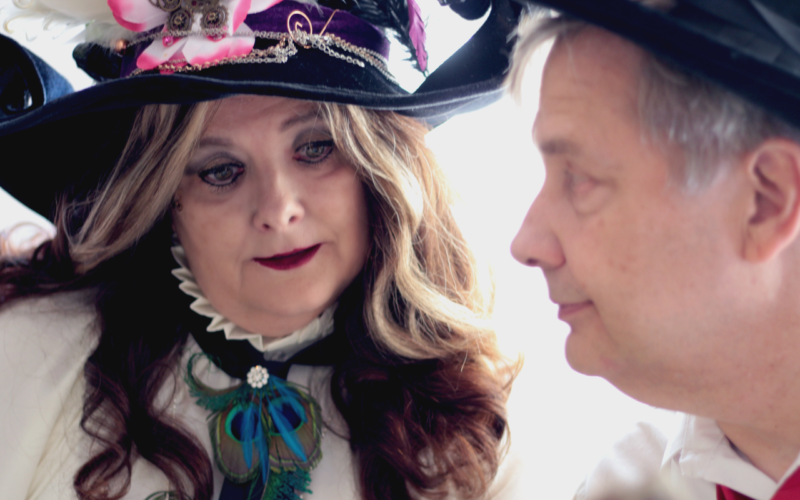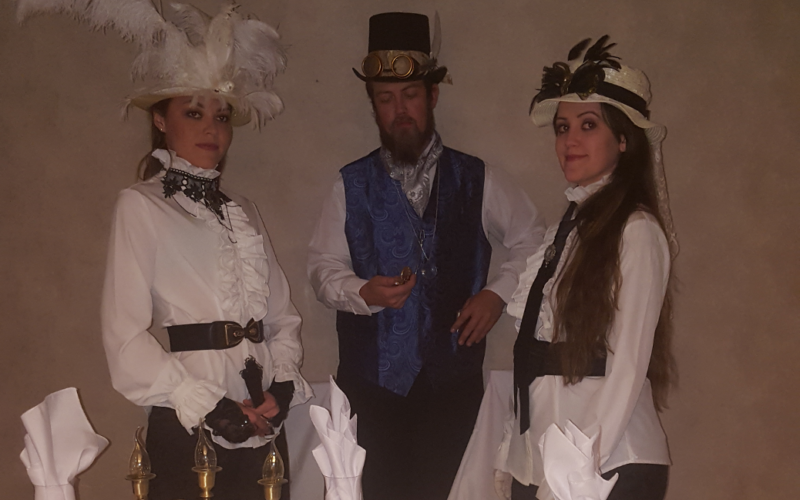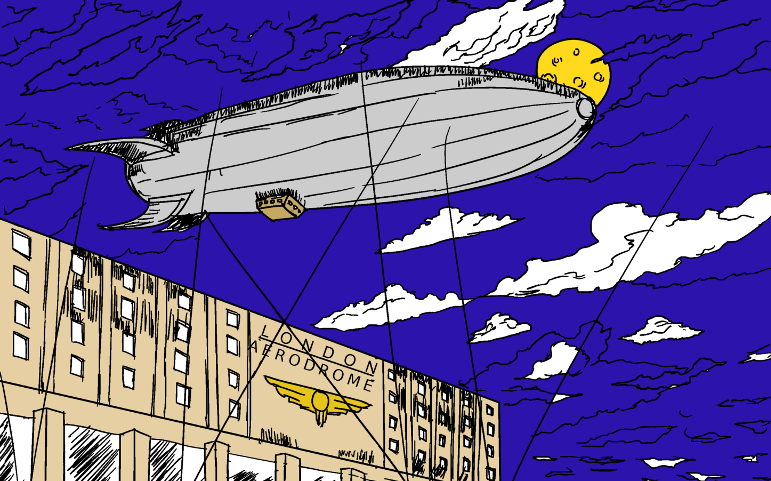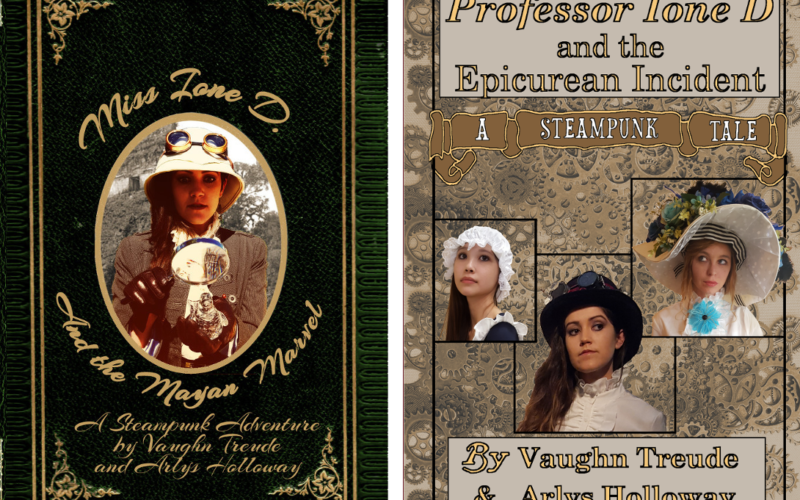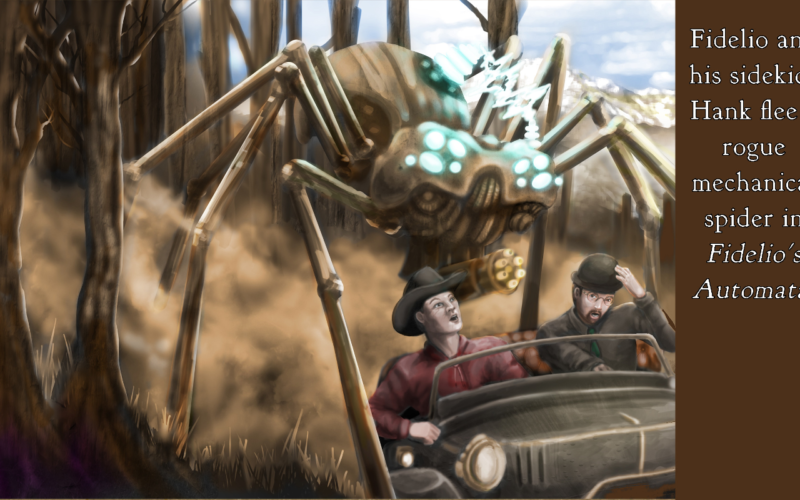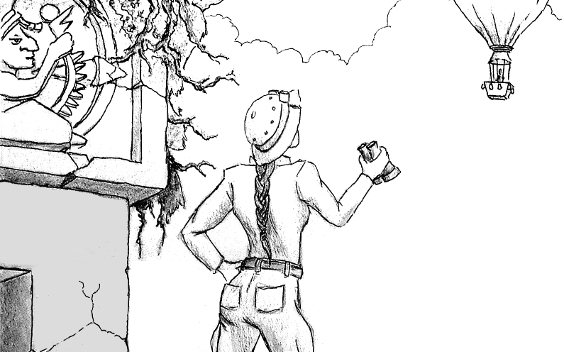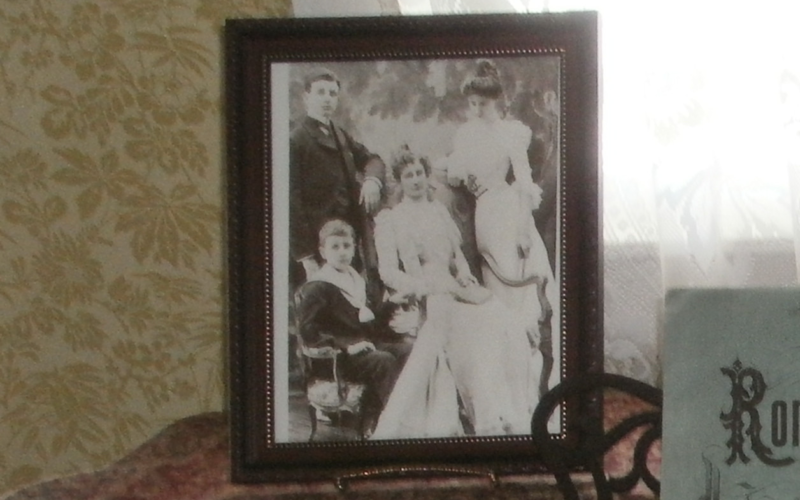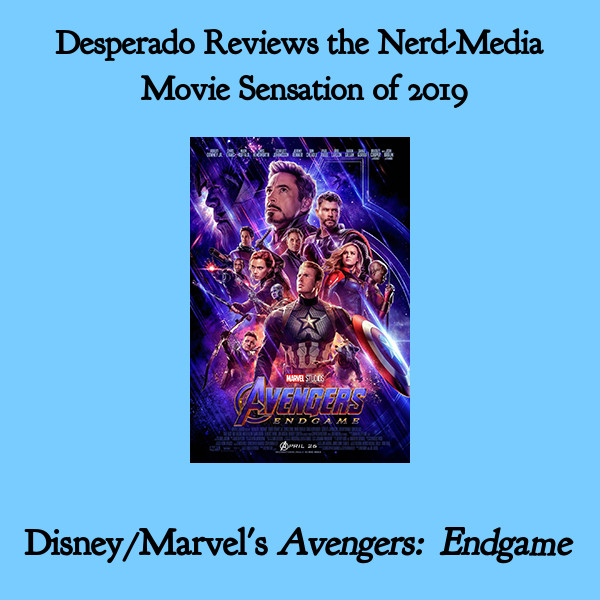
Yesterday I saw the long-awaited and supremely-hyped superhero movie, Avengers: Endgame. It’s the finale of 22 (were there really that many?) movies starring superhero characters from Marvel comics, a cycle that began with Ironman in 2008. Of the six or seven I’ve actually seen, there were various levels of quality from awesome to “meh” but I didn’t dislike any of them. Note that Marvel characters X-Men and Deadpool aren’t included in this “Marvel Cinematic Universe” (MCU) and that the recent Spiderverse movie falls outside the canon as well. Despite Marvel’s media saturation, Endgame has already brought in billions. Given the mixed reactions to other Disney-acquired properties, Star Wars in particular, how does Endgame measure up?
I’ll start with the good parts. The movie features some of the MCU’s strongest characters such as Ironman and Hulk. Because half of the MCU superheroes were disintegrated at the end of Infinity War, Endgame throws together the remnants of several teams, creating an interesting dynamic. Since favorite heroes like Spiderman are gone, it gives second-stringers like Black Widow and Hawkeye a chance to shine. (To be honest, I didn’t know who Hawkeye was at the time.) Furthermore, Bruce Banner/Hulk has resolved the schizoid issues that caused him to be worthless in Infinity War, creating an amusing “smart Hulk” amalgam. The movie’s ending battle scene is as amazing as I expected it to be. The storyline manages to provide a few surprises, including the revelation that some characters are actually gone for good.
And now for the bad: Endgame starts slowly with a lot of emotional introspection, especially the tender moments with Tony Stark (Ironman) and his young daughter. I don’t want them to downplay the emotional aspects of Thanos’ cosmic mass-murder, but it’s too much of it for an action movie. To balance this morose theme, they sprinkle in lots of Marvel’s patented snarky humor. This gets a bit stale in places, especially regarding Thor’s movie-long drunken binge and his consequent beer-gut. The final battle scene, though amazing, is mostly a rehash of the one from Infinity War. Despite all the eye-popping CGI violence, I found myself thinking, why go through this trouble when Thanos only needs to snap his fingers to end it all? More annoyingly, there was the gratuitous “girl power” theme, with the cringingly contrived scene showing all the female heroes together in one scene during the battle. Worst of all was the over-powered but personality-challenged role of Captain Marvel, who seemed to have been written into the story solely to sell this controversial character.
Movies like Avengers suffer from a phenomenon I call ultimate-itis, the desire to top everything and include every conceivable element in a single film. In the preceding Infinity War, Thanos didn’t just kill half the people on Earth, he eliminated half of all life in the universe. Therefore, in Endgame, he has to top this by threatening to destroy the universe itself. Such extravagant plot devices like this become impossible to follow. This philosophy affects casting as well. There are so many characters, including big stars, that great actors like Samuel Jackson and fan-favorite heroes like Black Panther get only a few seconds of screen time.
I also want to reflect on the theme of character replacement, something old-school fans like me have been griping about for a long time. Sometimes it seems gratuitous and spiteful, especially when companies signal their “woke” virtue by replacing a straight white male character with a woman, a minority, or a gay. There is, however, a positive side: it allows long-time characters to face actual peril. The franchise might never end a particular role, but it can conceivably replace them. DC Comics started this trend back in the 1990’s by killing off Batman’s sidekick Robin, following him with a series of replacements including a girl. This puts a dent in the “primary characters can’t die” rule. Still, there are some characters (Superman for example) who are just too popular to kill off. I hate knowing that it has to be a trick: a dream, an alternate timeline, or something that can be corrected with magic or time travel. To use my one of my wife’s favorite phrases, stop it!
So what’s my verdict? I won’t say “don’t see it,” because I did enjoy the movie. With the 3-hour length, it dragged at times, but I was never tempted to check the time. Still, I’m not going to go easy on Disney/Marvel just because they spent a ton of money on this. Given the preceding movie, I knew what I was getting into, but that doesn’t mean I endorse its “kitchen sink” philosophy. Moviemakers need to harken back to the words of Thoreau and “simplify.” Therefore I give Avengers: Endgame a score of 3.5 out of 5 gears: watchable, but too complex and contrived to become a classic.

